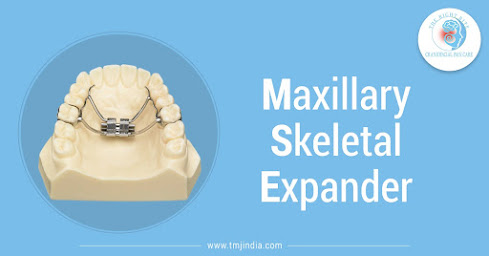When do you need a Maxillary Skeletal Expander?
When a person has a v-shaped upper jaw, with a high-arched palate and crowded teeth, there is a significant deficiency in the growth of their upper jaw which is called maxillary transverse deficiency. A narrow or constricted upper jaw reduces the space available for the teeth to fit, which leads to crowding and misalignment of the teeth. It can also have profound effects on nasal and sleep breathing. This may lead to insomnia, interrupted breathing during sleep, loud snoring or other irregular sleeping issues, which is generally termed as Sleep Apnea.
A Maxillary Skeletal Expander (MSE), is an oral device which is used to make predictable and profound expansion of the upper jaw and the nasal airway. They use mini implants as anchors to expand narrow palates in adults without traditional jaw surgery. This makes MSE a great option for patients who want to improve their bite, occlusion, breathing and airway disorders like Sleep Apnea without the fear of jaw surgery.
How does MSE work?
Constricted jaws result in narrowed air passages and nasal obstructions which hinders the normal breathing pattern. When an MSE device is placed in your palate, it aids in skeletal transverse expansion of the upper jaw. This makes more room in your mouth for the tongue and enables easy breathing. MSE also corrects any abnormalities in your bite and aesthetic problems due to narrow upper jaw by making space for aligning your teeth.
The experts in Sleep Medicine at The Right Bite CPC offer permanent solutions for Sleep Apnea and related breathing problems by providing you customized MSE appliance along with other advanced treatment options.








